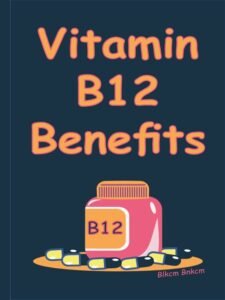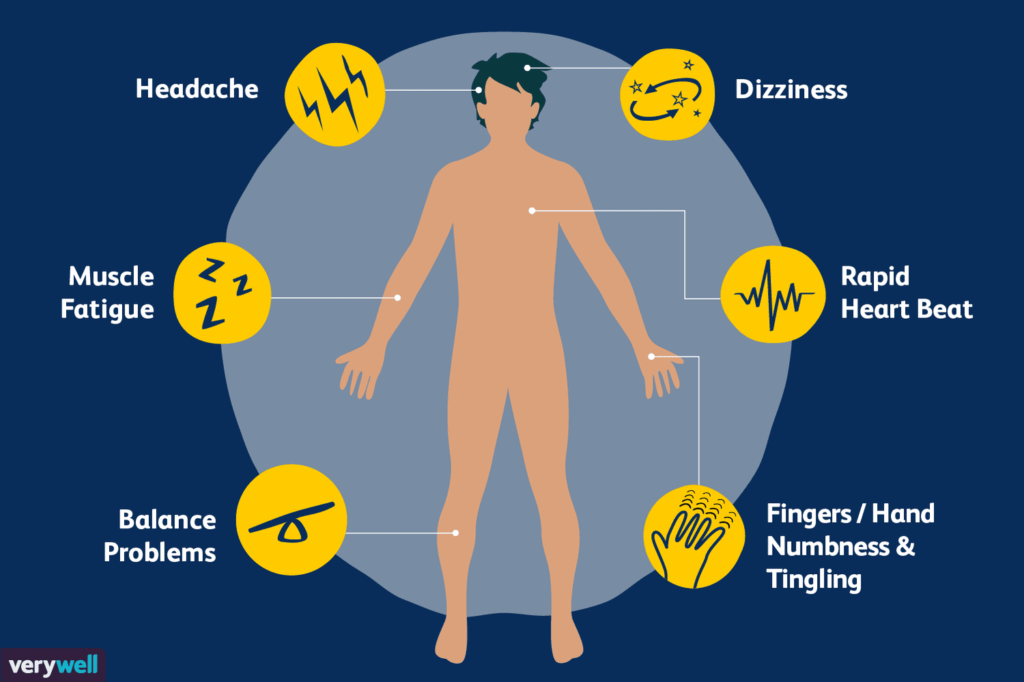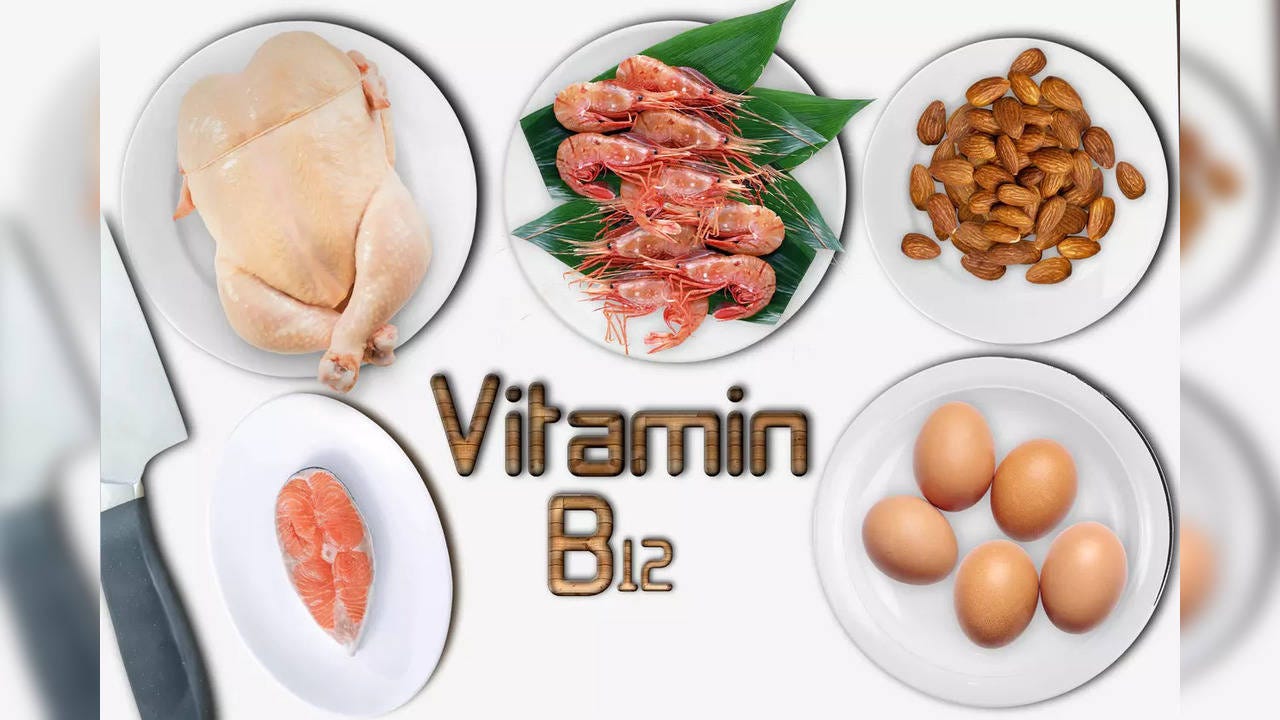Introduction Wellhealthorganic Vitamin B12
Vitamin B12 is a crucial nutrient that plays a vital role in maintaining our overall health. At Wellhealthorganic.com, we understand the significance of this essential vitamin and how it can enhance your well-being. In this comprehensive guide, we will explore the benefits of Vitamin B12, its sources, potential deficiencies, and how Wellhealthorganic.com can help you incorporate this vital nutrient into your daily routine.
1. What is Vitamin B12?
1.1. Overview
Vitamin B12, also known as cobalamin, is a water-soluble vitamin that is essential for several critical bodily functions. It is involved in red blood cell formation, neurological function, and DNA synthesis. B12 is unique because it contains the mineral cobalt, which gives it its name.
1.2. Forms of Vitamin B12
Vitamin B12 exists in several forms, but the most common ones are:
- Methylcobalamin: The most active form in the human body, crucial for nerve function.
- Cyanocobalamin: A synthetic form often used in supplements.
- Hydroxocobalamin: Used in injectable forms of B12 and has a longer retention time in the body.
2. The Importance of Vitamin B12
2.1. Boosts Energy Levels
Vitamin B12 is essential for converting food into energy. It helps in the production of red blood cells, which are responsible for transporting oxygen throughout the body. A deficiency in B12 can lead to fatigue and weakness.
2.2. Supports Neurological Health
B12 is vital for maintaining the health of nerve cells and the production of myelin, a protective sheath that surrounds nerves. Adequate levels of B12 can help prevent neurological issues such as numbness, tingling, and cognitive decline.
2.3. Promotes Healthy Red Blood Cells
Vitamin B12 plays a key role in the formation of red blood cells. It helps in the proper development and function of these cells, preventing conditions such as anemia, which can lead to symptoms like dizziness and shortness of breath.
2.4. Aids in DNA Synthesis
Vitamin B12 is crucial for DNA synthesis and repair. This is essential for cell division and the production of new cells, supporting overall cellular health and function.
2.5. Enhances Mood and Mental Health
A deficiency in Vitamin B12 has been linked to mood disturbances, including depression and anxiety. Adequate levels of B12 can help in the regulation of mood and support mental well-being.
3. Sources of Vitamin B12
3.1. Dietary Sources
Vitamin B12 is found naturally in animal products. Key sources include:
- Meat: Beef, pork, and lamb.
- Poultry: Chicken and turkey.
- Fish: Salmon, trout, and tuna.
- Dairy Products: Milk, cheese, and yogurt.
- Eggs: Particularly the yolks.
3.2. Fortified Foods
For those who follow a vegetarian or vegan diet, obtaining Vitamin B12 from fortified foods is essential. Common fortified foods include:
- Fortified Cereals: Many breakfast cereals are enriched with Vitamin B12.
- Plant-Based Milk: Soy, almond, and oat milk often contain added B12.
- Nutritional Yeast: A popular vegan alternative, often fortified with B12.
3.3. Supplements
Vitamin B12 supplements are available in various forms, including tablets, capsules, and sublingual (under-the-tongue) forms. Wellhealthorganic.com offers high-quality Vitamin B12 supplements to ensure you receive the optimal dosage.
4. Identifying and Addressing Deficiency
4.1. Symptoms of Deficiency
Vitamin B12 deficiency can manifest in various ways. Common symptoms include:
- Fatigue and Weakness: Often the first signs of a deficiency.
- Numbness or Tingling: Particularly in the hands and feet.
- Difficulty Walking: Due to nerve damage.
- Memory Loss: Cognitive decline and confusion.
- Pale or Jaundiced Skin: Resulting from anemia.
4.2. Risk Factors
Certain groups are at higher risk of Vitamin B12 deficiency, including:
- Older Adults: Reduced absorption due to decreased stomach acid.
- Vegetarians and Vegans: Limited intake from non-animal sources.
- Individuals with Digestive Disorders: Conditions like Crohn’s disease or celiac disease can impair B12 absorption.
4.3. Testing and Treatment
If you suspect a deficiency, a blood test can confirm your B12 levels. Treatment often involves dietary adjustments and supplementation. Wellhealthorganic.com provides high-quality Vitamin B12 supplements that are both effective and easy to incorporate into your routine.
5. How to Incorporate Vitamin B12 into Your Routine
5.1. Choosing the Right Supplement
When selecting a Vitamin B12 supplement, consider the following:
- Form: Methylcobalamin is the most bioactive form and preferred for supplementation.
- Dosage: Follow the recommended dosage provided by your healthcare provider.
- Quality: Opt for supplements from reputable sources like Wellhealthorganic.com.
5.2. Integrating with Your Diet
Combine Vitamin B12 supplements with a balanced diet that includes sources of this essential nutrient. For vegetarians and vegans, fortified foods and supplements are critical.
5.3. Monitoring Your Levels
Regularly monitor your Vitamin B12 levels, especially if you are at risk of deficiency. This can help you adjust your intake and prevent potential health issues.
Importance of Vitamin B12
Vitamin B12 is crucial for several bodily functions, including:
1. Energy Production: It helps convert food into energy, reducing fatigue.
2. Nerve Health: Supports the maintenance of the nervous system, preventing nerve damage.
3. Red Blood Cell Formation: Essential for the production of healthy red blood cells, preventing anemia.
Benefits of WellHealthOrganic Vitamin B12
 WellHealthOrganic Vitamin B12 supplements offer several benefits:
WellHealthOrganic Vitamin B12 supplements offer several benefits:
– Improved Energy Levels: Regular intake can combat tiredness and boost energy.
– Enhanced Brain Function: It may improve memory and reduce the risk of cognitive decline.
– Better Mood Regulation: B12 supports serotonin production, which can enhance mood and reduce symptoms of depression.
Who Needs Vitamin B12?
Certain groups are more at risk of B12 deficiency:
– Vegans and Vegetarians: B12 is mainly found in animal products, making supplements crucial for those on plant-based diets.
– Older Adults: Absorption decreases with age, increasing the risk of deficiency.
– Individuals with Digestive Disorders: Conditions like Crohn’s disease or celiac disease can hinder absorption.
Signs of Vitamin B12 Deficiency

Common symptoms of deficiency include:
– Fatigue and weakness
– Pale or jaundiced skin
– Nerve problems, like tingling or numbness
– Difficulty thinking and memory loss
| Category | Details |
|---|---|
| Product Name | Wellhealthorganic Vitamin B12 |
| Form | Tablets, Capsules, Sublingual Drops |
| Active Ingredient | Methylcobalamin |
| Dosage | 1000 mcg per tablet/capsule/drop |
| Recommended Use | 1 tablet/capsule/drop daily or as directed by a healthcare provider |
| Bioavailability | High, due to the use of Methylcobalamin |
| Suitable For | Vegetarians, Vegans, Older Adults, Athletes |
| Free From | Gluten, Soy, Dairy, Artificial Colors, and Preservatives |
| Certifications | GMP Certified, Third-Party Tested |
| Packaging | Recyclable, BPA-Free Containers |
| Storage Instructions | Store in a cool, dry place, away from direct sunlight |
| Shelf Life | 2 years from the date of manufacture |
| Health Benefits | Energy Boost, Improved Mental Clarity, Red Blood Cell Formation, Neurological Health |
| Potential Side Effects | Rare; may include dizziness, headache, nausea |
| Price Range | $15 – $30 per bottle (60 tablets/capsules/drops) |
| Availability | Online and in select health stores |
| Customer Rating | 4.8/5 based on customer reviews |
| Company Mission | Promote holistic health through high-quality, natural supplements |
| Customer Support | 24/7 support via email and phone |
What is Vitamin B12?

Vitamin B12, also known as cobalamin, is a water-soluble vitamin that plays a pivotal role in the functioning of the brain and nervous system. It’s also essential for the formation of red blood cells and DNA synthesis. Chemically, it contains the mineral cobalt and can be found in several forms, including cyanocobalamin and methylcobalamin.
Benefits of Vitamin B12

Energy Production
One of the primary benefits of Vitamin B12 is its role in energy production. It helps convert carbohydrates into glucose, which your body uses for energy. If you’re feeling fatigued, low B12 levels might be the culprit.
Red Blood Cell Formation
Vitamin B12 is essential for the production of red blood cells. Without adequate B12, red blood cells can become abnormally large and fail to divide properly, leading to anemia.
Neurological Health
Vitamin B12 plays a significant role in maintaining neurological health. It helps in the production of myelin, a protective sheath that covers your nerves. A deficiency can lead to neurological issues, including memory loss and mood changes.
DNA Synthesis
Every cell in your body needs DNA to function properly. Vitamin B12 is crucial for DNA synthesis, ensuring that cells divide correctly and function optimally.
Conclusion
Vitamin B12 is a cornerstone of good health, supporting energy levels, neurological function, red blood cell production, and overall well-being. At Wellhealthorganic.com, we are committed to helping you achieve optimal health with our high-quality Vitamin B12 supplements. Incorporate Vitamin B12 into your daily routine to enjoy its myriad benefits and support a vibrant, healthy life.

